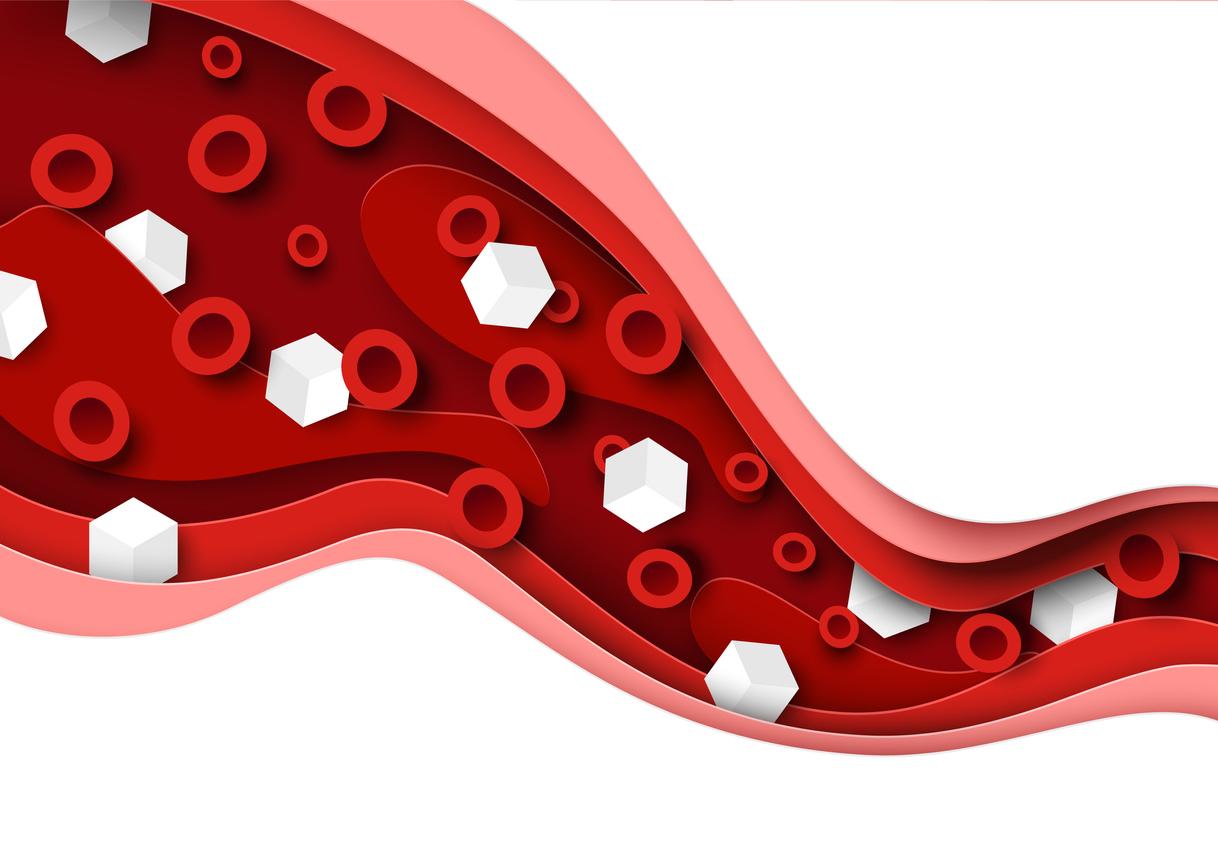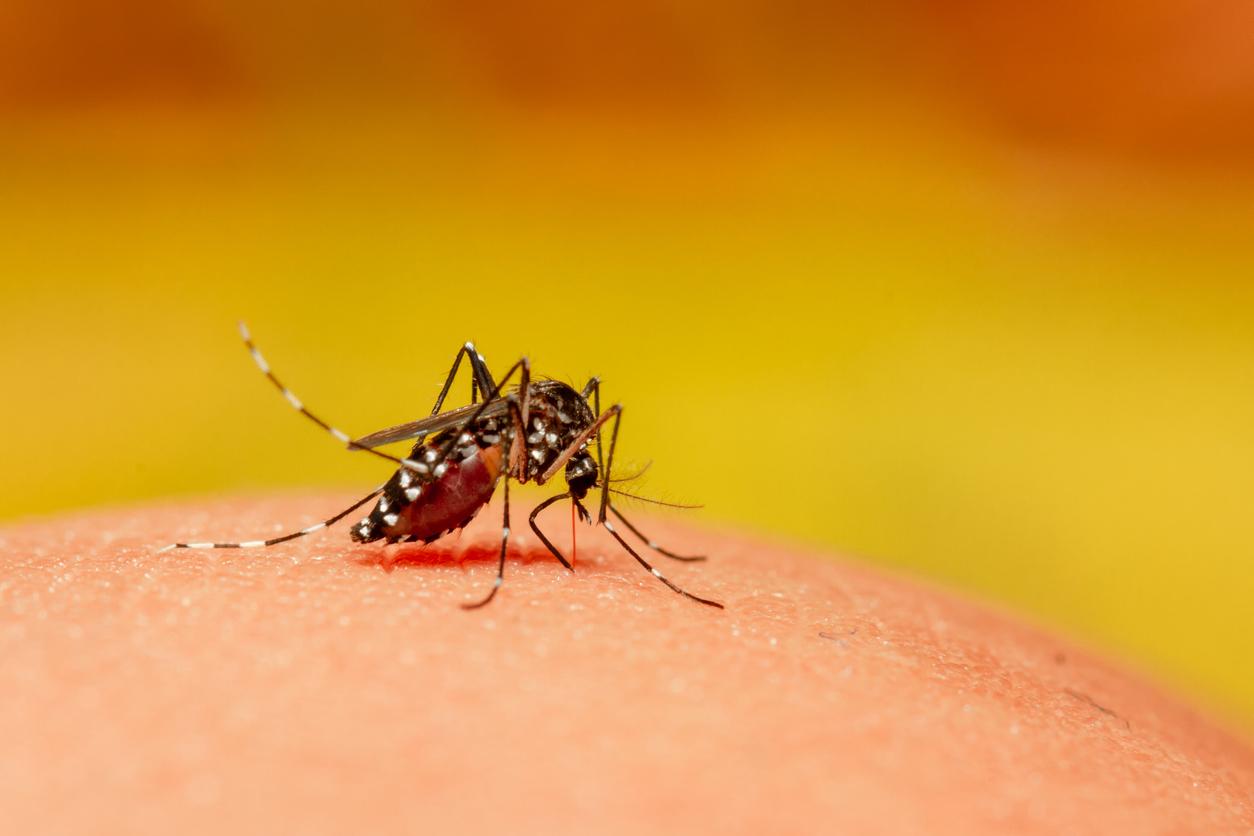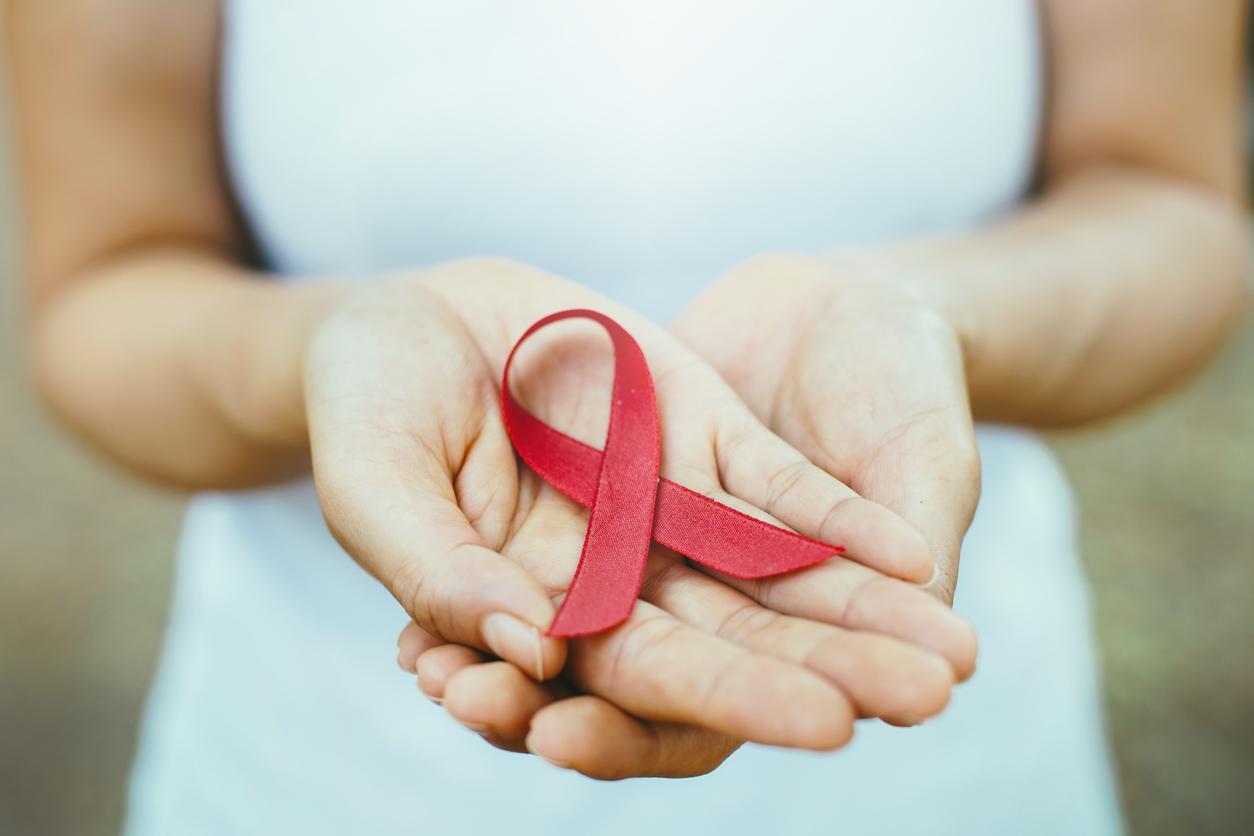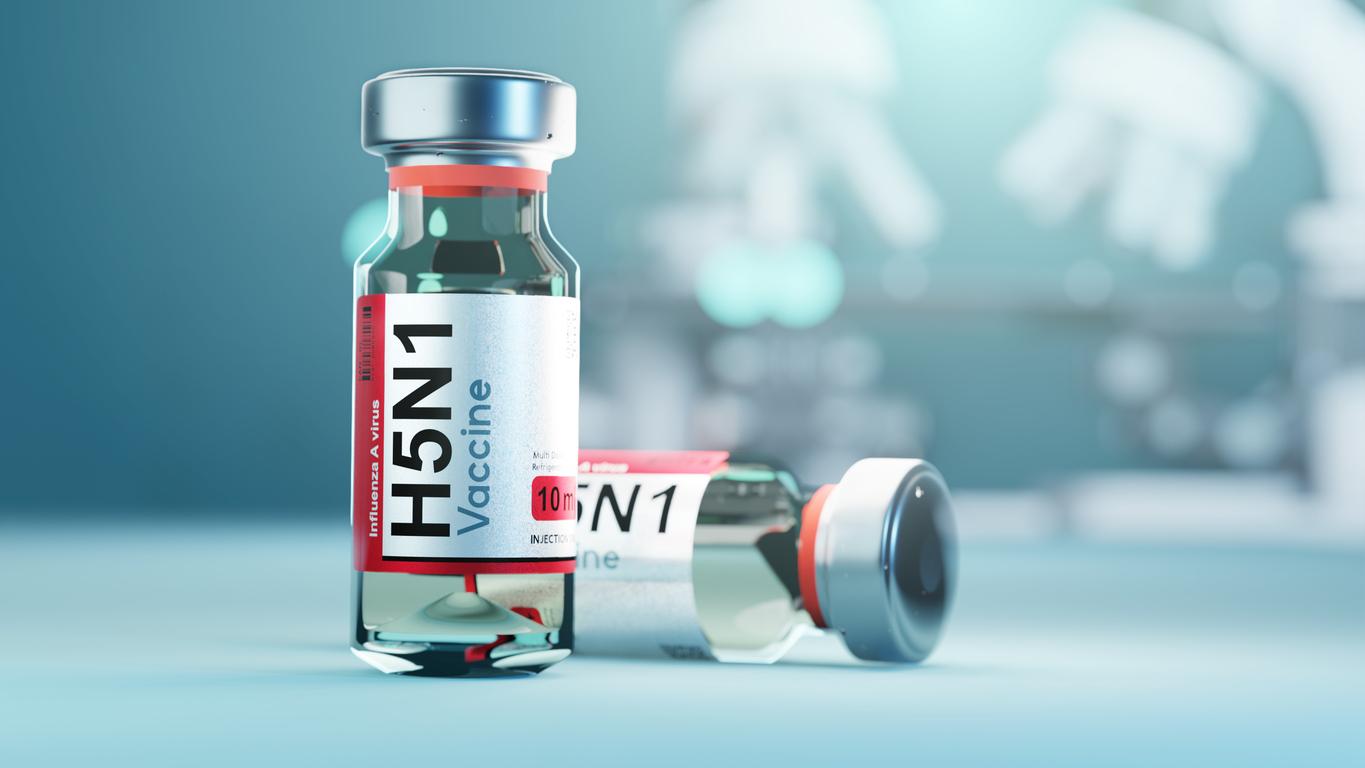While the spokesperson for the police union Alliance claimed that the protester violently arrested in Paris had spat in the face of the policeman while claiming that he had AIDS, it is time to take stock of some false beliefs linked to the virus. It is not transmitted through saliva.
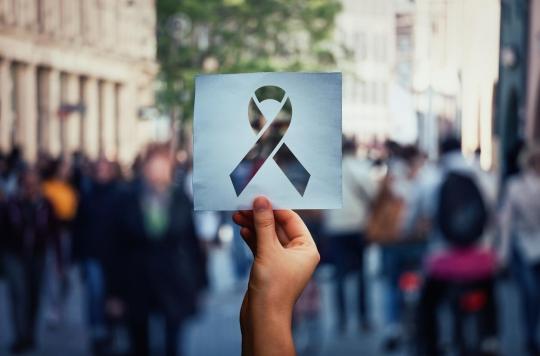
The video has been doing the rounds on social media since Saturday, January 18. A young demonstrator, aged 20, was violently arrested and beaten to the ground by a policeman, in Paris, on the sidelines of the mobilization of yellow vests. The next day, the spokesperson for the Alliance police union spoke at the microphone of Franceinfo. He explained the gesture of the policeman by saying that the demonstrator had “spit blood in the face, twice” of the police officer while shouting at him “I have AIDS, you are going to die!”. By arguing in this way, the trade unionist relayed false beliefs about HIV, which are still too deeply rooted in people’s minds today.
No cases of transmission through saliva identified
Remember, the AIDS virus cannot be transmitted through saliva. “There is too little virus in the saliva, even in infected and untreated people, specifies Asier Saez-Cirion, research director at the Pasteur Institute and president of the scientific committee of Sidaction. The probability of transmission is extremely low. No case of transmission has been established in this case, and according to research, it even seems that there is a factor in saliva that inhibits HIV.”
In the blood, the virus does not resist in the open air…
In addition, the spokesperson for the police union explained that the protester had coughed up blood. Yes, blood is indeed one of the modes of contamination of the AIDS virus. Just like sexual secretions and breast milk. However, “HIV has a very low resistance to the open air”, says the Aides association in a press release published after the controversy aroused by the trade unionist’s remarks. “After five to ten seconds in the open air, a drop of blood no longer contains a virus”.
… But transmission is possible in some cases
In reality, the transmission of AIDS by blood occurs only in the case of blood exchanges, for example during an exchange of syringes with an infected and untreated person. Also in the case of an injury, but you must have a sufficiently open wound, which requires stitches and with a large amount of contaminated fresh blood. Scratches or small superficial wounds are not enough to transmit the virus.
Misconceptions about carriers of the virus
Finally, it should be noted that HIV-positive people on antiretroviral treatment do not transmit the virus. “In our rich countries, where antiretroviral treatments are free, HIV-positive people who take their treatment and whose viral load has been undetectable for more than six months can no longer transmit the virus”, describes Sida Info Service. In other words, the person is living with the virus, but has the same life expectancy as an HIV-negative person. Today, the greatest risk of transmitting the virus is when the person does not know that he is carrying it. Hence the importance of screening and the use of condoms.

.












